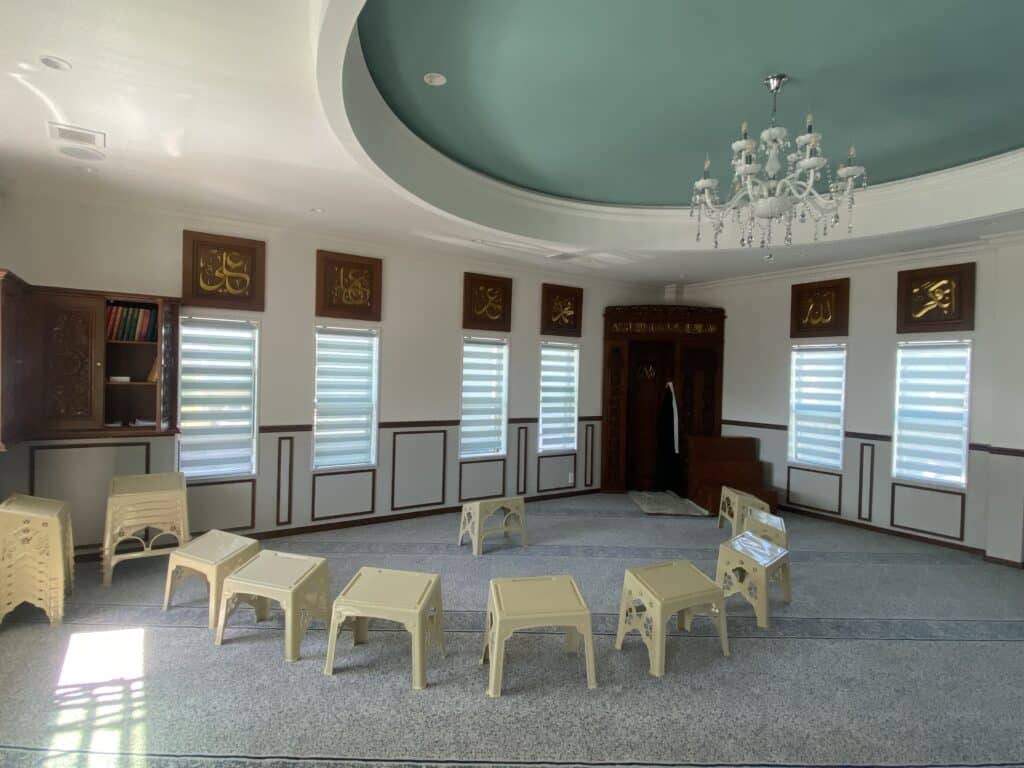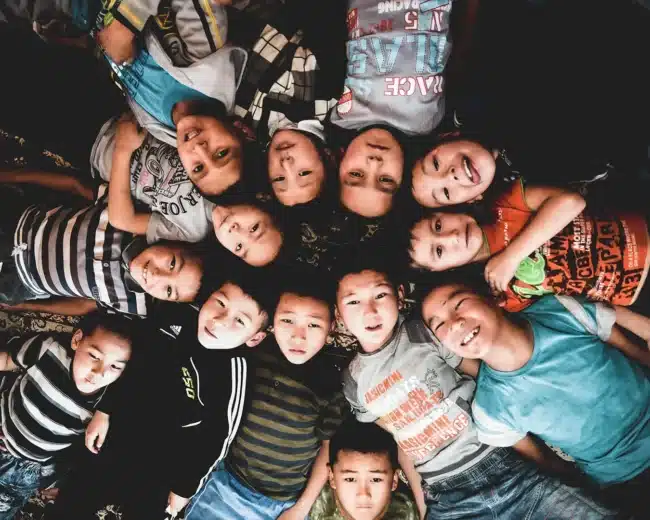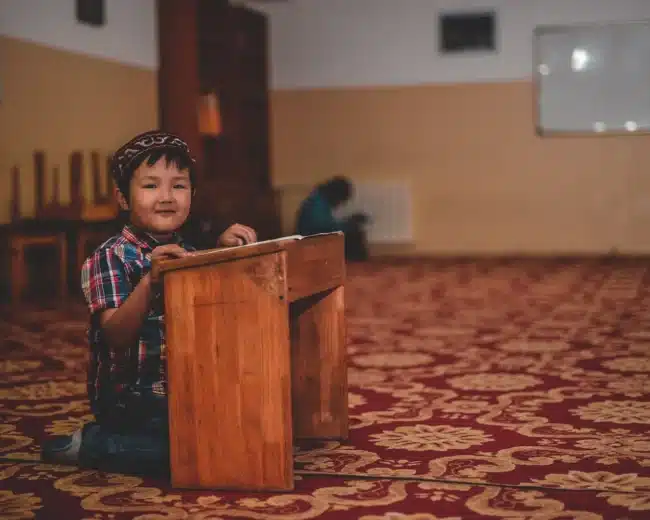Zakat - Purifying Your Wealth, Helping Those in Need

Zakat Details
Why Give Zakat?
Giving Zakat is not just a duty but an act of compassion and solidarity. It serves multiple purposes:
- Alleviating Poverty: Your Zakat donations provide essential resources to those in need, helping them overcome financial hardships.
- Purifying Wealth: By giving a portion of your wealth, you purify the rest, ensuring it is halal and blessed.
- Promoting Social Justice: Zakat helps reduce the gap between the rich and the poor, promoting fairness and social harmony.
Who Receives Zakat?
Zakat is distributed among eight categories of beneficiaries as defined in the Quran (Surah At-Tawbah, 9:60):
- The Poor (Al-Fuqara): Those without any means of livelihood.
- The Needy (Al-Masakin): Those who may have some means but insufficient to meet their basic needs.
- Zakat Collectors: Those appointed to collect and distribute Zakat.
- New Muslims and Friends of the Muslim Community: Those who need help to strengthen their faith.
- Slaves and Captives: To help free them from bondage.
- Debtors: Those burdened by debts and unable to repay them.
- In the Cause of Allah (Fi Sabilillah): For the promotion of Islam and welfare of the community.
- Wayfarers: Travelers in need of financial assistance.
Make a Difference Today
Fulfill your Zakat obligation and make a significant impact on the lives of those in need. Your donation can bring hope and change to many. Donate now and join us in our mission to create a better, fairer world.
How to Calculate Zakat?
Determine the Nisab Amount: Before starting the zakat calculation, you need to determine the nisab amount. The nisab amount is calculated from the current exchange rate of 80.18gr of gold on the day you will pay zakat.
Evaluate Your Assets: The obligation to pay zakat is calculated on the portion of your wealth beyond what is necessary to meet your basic needs. To determine this portion, you need to evaluate your personal assets (cash, gold, silver, trade goods, investments, etc.).
Check if you have reached the Nisab amount: Check whether your assets have reached the nisab amount. If you have reached the nisab amount and 1 year has passed, you are obliged to pay zakat.
Calculate the Zakat Amount: The zakat rate is 2.5% (1/40th) of your wealth. This rate is used to determine the portion of your wealth that is subject to zakat. To calculate the amount of zakat, multiply the portion of your wealth that is subject to zakat by the zakat rate and find the result.
Sample Zakat Calculation
Assets : 200.000₺
Nisab Amount : 158.240₺ (Calculated from the current exchange rate of 80.18gr gold on January 24, 2024. When you calculate it, you need to calculate it from the exchange rate of the day you will give your zakat).
Zakat Rate : 2.5% (1/40)
Zakat Amount : 200.000 x (1/40) = 5.000₺.
When is zakat due?
It is obligatory for a person who has the nisab amount of wealth (80.18 g of gold) to pay zakat after one year has passed. Every Muslim who owns this nisab amount of gold, or cash or trade goods of this value, in addition to his basic needs and debts, is obliged to pay zakat once a year. There is no specific time limit for giving zakat. When it becomes obligatory, it must be given immediately without waiting. Since Ramadan is a month of solidarity and solidarity, it is preferably given during Ramadan.
What are the Virtues of Giving Zakat?
Giving zakat has many virtues in our religion. Some of the virtues of giving zakat are as follows:
The Pleasure of Allah: Zakat means that a Muslim spends a certain percentage of his/her wealth in the way of Allah (swt). This is considered to be an expression of obedience and to gain the pleasure of Allah (swt).
Ensuring Social Justice: Zakat contributes to the economic balance between the rich and the poor. It helps to strengthen social justice and strengthens the sense of solidarity in communities living together.
Personal Purification: Giving zakat helps individuals purify their material assets and move away from selfishness. By sharing some of his/her wealth with those in need, the individual increases his/her peace of mind.
Helping the Needy: Zakat is a form of aid directed directly to the poor and needy. This helps to support weak and needy individuals in society.
Social Solidarity: Zakat strengthens the culture of solidarity and cooperation among Muslim communities. The economically strong among Muslims support each other by directing their zakat to the weaker members of their community.
Giving zakat is an important part of a Muslim’s worship of Allah (swt), an important act of worship in terms of managing his/her material assets properly and improving himself/herself in ensuring justice in society.
Zakat on Crops Ushr
Zakat on the produce of the land is called ‘eshür’, which means one tenth in Arabic. It is an obligation to pay one out of every ten crops, which is established by verse, hadith and ijma.
The verse reads: “O you who believe! Spend out of what you have earned and from the clean (lawful) of what we have brought forth for you from the earth. And do not attempt to give the evil of what you are not the recipient of without closing your eyes. And know that Allah is the Giver and the Praised.” (Surat al-Baqarah, verse 267)
If the land is irrigated by rain, streams or rivers, one tenth of the crop is to be given as kharif. If it is irrigated with purchased water or water that is carried by animals, which means long and laborious and costly, if it is irrigated by these means for the whole year or more than half of the year, then one-twentieth of the produce is to be given as kharif.

Education Programs
Our community aims to support children in need and their families. We provide a wide range of services from education to health, from basic needs to social support. We are here for everyone who needs help.
Lessons for Children:
-
Quran Reading and Recitation
-
Tajweed
-
Basic Knowledge of Islam and Brief Fiqh
-
Islamic Morality
-
Islamic History (SIRAT AN NABI saw)
Courses for Adults:
-
Quran Reading and Recitation
-
Tajweed
-
Islamic Speeches
-
Short Fiqh
Programs for Non-Muslims:
-
Open Days: Programs organized to provide information about Islam















